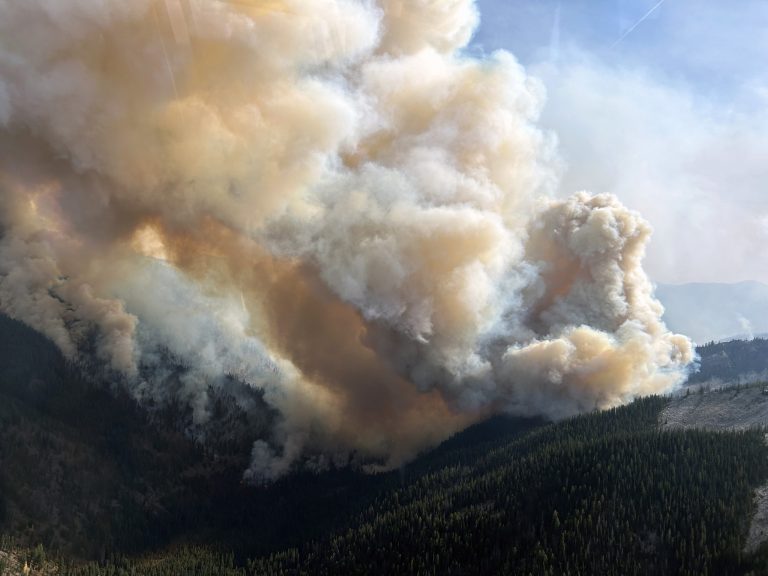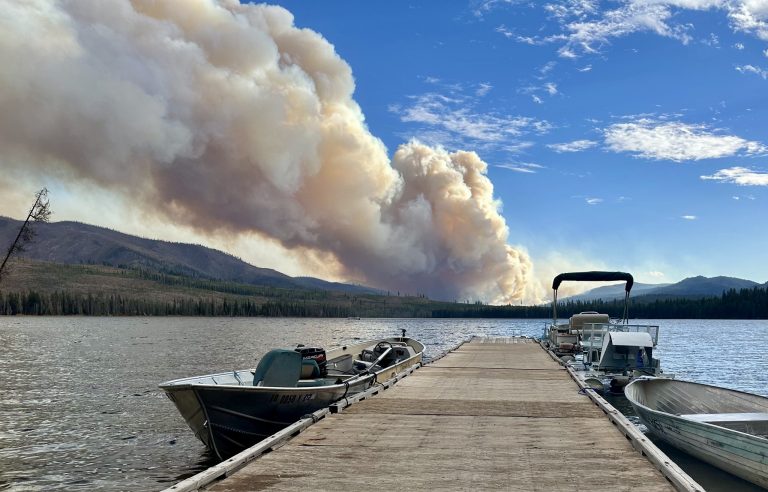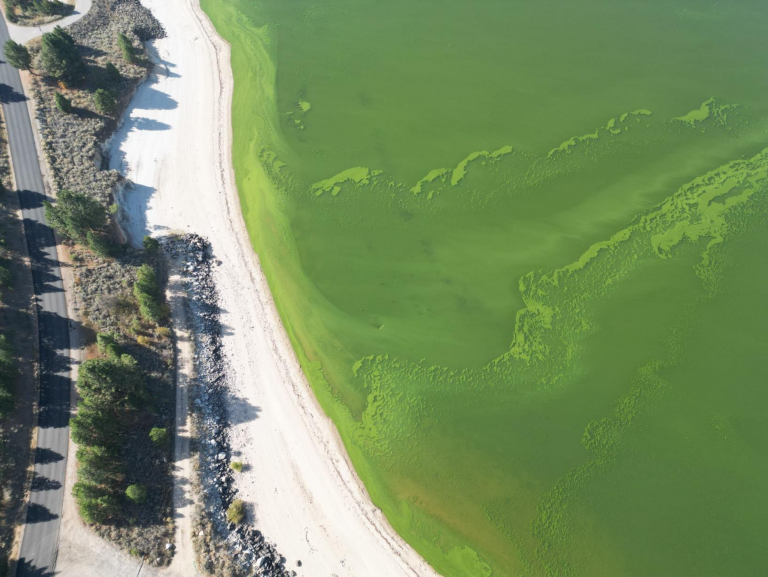McCall objects to preliminary Stibnite approval
A draft approval issued earlier this year for Perpetua Resources’ proposed Stibnite mine “ignores” how the mine could affect McCall, according to the McCall City Council.Last week the council approved submitting a letter to the Payette National Forest objecting to a draft approval the agency issued in September for Perpetua’s proposed gold and antimony mine about 40 air miles east of McCall.The objection letter asks the Payette, the lead permitting agency for the proposed mine, to withdraw its decision and further study several worries raised by the city.“Whatever perceived benefits might accrue to Perpetua, they should not be realized on the backs or health of the local communities and population,” McCall Mayor Bob Giles said in the letter.Water quality, mining traffic on city streets, emissions and uncertain socioeconomic consequences of the mine are among the worries cited in the city’s letter.The objection letter mirrors worries outlined by the city in two previous comment letters sent to the Payette in 2020 and 2023 during the permitting process, which began in 2016.



